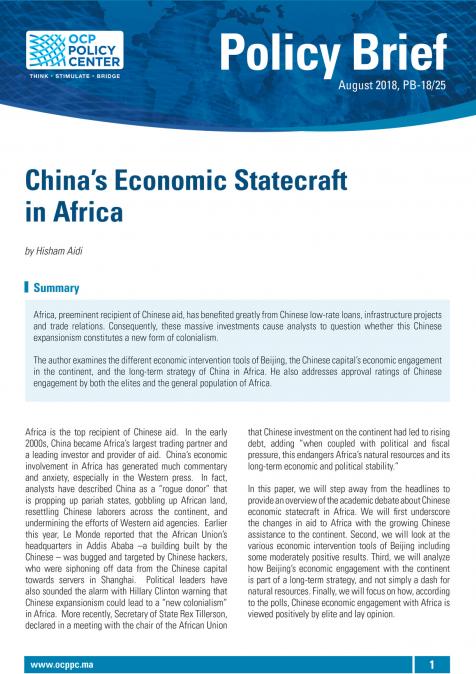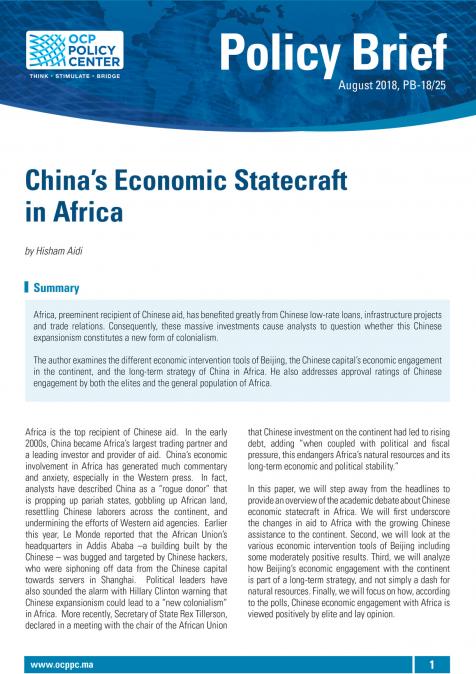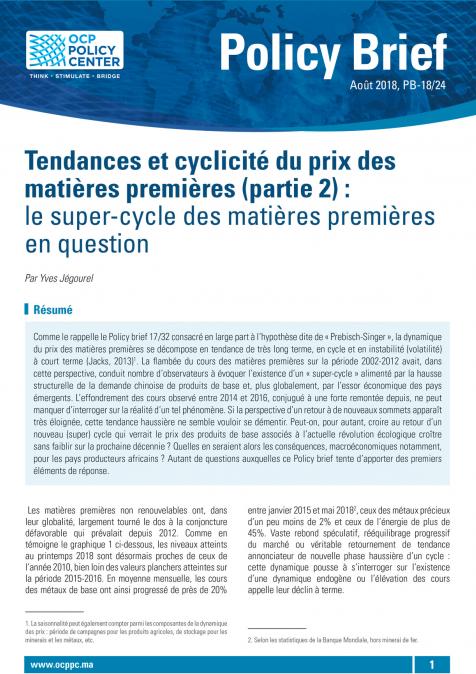بعد مدة من الهدنة ومن الوفاق امتدت بضعة اشهر، يبدو أن الوضع السياسي والأمني في ليبيا قد تدهور مجددا نتيجة سلسلة من الخلافات المتتالية بين مختلف الاطراف المعنية بإدارة الشأن الوطني. فانقسمت السلطة من جديد بين حكومتين متصارعتين تتنافس على السيطرة على المؤسسات العمومية والجهاز الأمني خصوصا في العاصمة طرابلس الغرب. سنتطرق خلال الحلقة القادمة من حديث الثلاثاء إلى فهم أسباب تدهور الأوضاع في ليبيا وما الذي يمكن القيام به للخروج من هاته الأزمة.
Speakers

Noamane Cherkaoui
Researcher in International Relations, Policy Center for the New South
Noamane Cherkaoui is an analyst in the Strategic Monitoring and Analysis Unit at the Policy Center for the New South, where he has been researching North Africa geopolitics and security. He graduated from the University of Otago in New Zealand with the Dean’s Award. He is also a postgraduate in International Relations at the University of Leicester, with his dissertation being on the external interference in Libya’s Civil War post-2014.
...

Akram Zaoui
Chargé de Mission to the Executive President
Akram Zaoui is a Senior International Relations Specialist and Chargé de Mission to the Executive President at the Policy Center for the New South (PCNS). Prior to this, he was Manager of Research Support and the Public Policy Lab at the PCNS. His main area of interest is the geopolitical economy of the Extended Middle East and North Africa (MENA) region.
From 2018 to 2020, Zaoui was the coordinator of a network of 70+ civil society organizations (CSOs) across France, working with foundations, government, local communities, and the private sector.
Zaoui holds a dual degree in corporate and public management from HEC Paris and Sciences Po, as well as a bachelor's degree (licence) in history from Université Paris 1 Panthéon-Sorbonne. He audited courses in Iranian and Shia Stud ...




